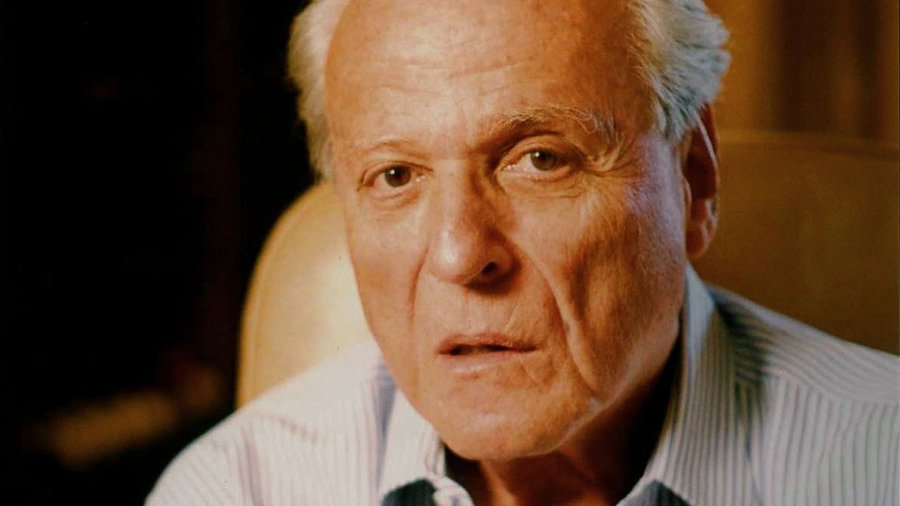Memo to Screenwriters #3: Being Solely Identified by Your Scripts Leads to Permanent Identity Crisis
Like so many others, Elmore Leonard, god bless him, praised writers for their “perseverance to just sit there alone and grind it out.” Of course writers might think he was only referring to writing, especially when coupled with his memetic 10th rule: “if it looks like writing, re-write it.” Taking this credo too literally is certain to drive writers even further into the ivory tower of the introvert. Justified, indeed.
Elmore Leonard’s fans don’t have to have read his work extensively or at all, to uh, “know” him. He presents himself as a look-us-in-the-eye type, not some remote artist alone in a tower being celebrated from afar. In other words, Leonard exists to us as a man, not solely as a writer. His appeal extends beyond what’s on the page — the other half of the career equation. Even an opposite icon like J.D. Salinger’s controlled seclusion and rejection of immortal author conventions are just as famous as the characters he created. We know what these writers look like. We can even imagine what their opinions on various topics might be. Even though they are no longer alive and writing, they still speak through the media in identities separate and apart from their work.
I was recently asked about the difference between a screenwriter’s identity and a screenwriter’s voice. Simply put, in a screenplay it’s the “voice” collected into pages that’s put up for sale. If the writer’s persona has been left behind embedded in the pages, versus used portably as a sustainable tool the writer can re-use, then the writer has to start from scratch with every screenplay to gain back any kind of self referral as an artist. Imagine if the DIY self-published authors of today followed the technique traditionally used by screenwriters to simply type their name under the title as reference to authorship with no personal outreach to their readers.READ MORE






